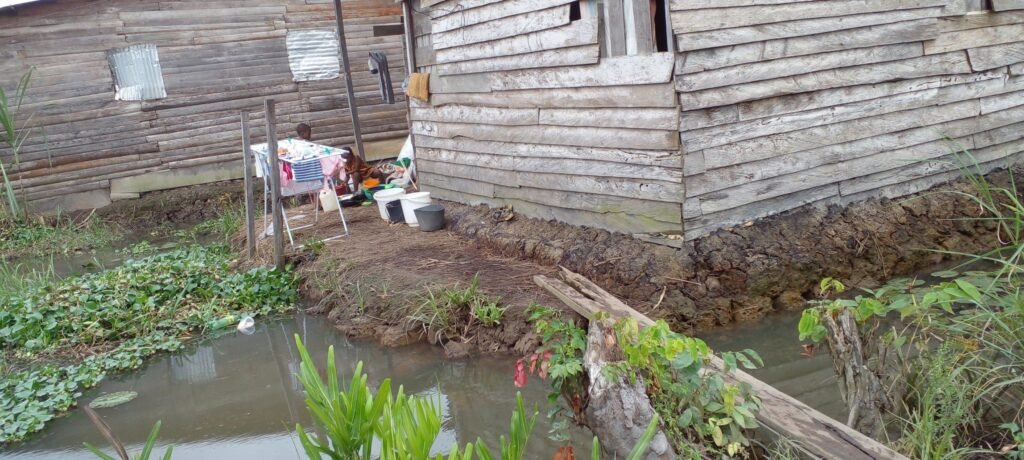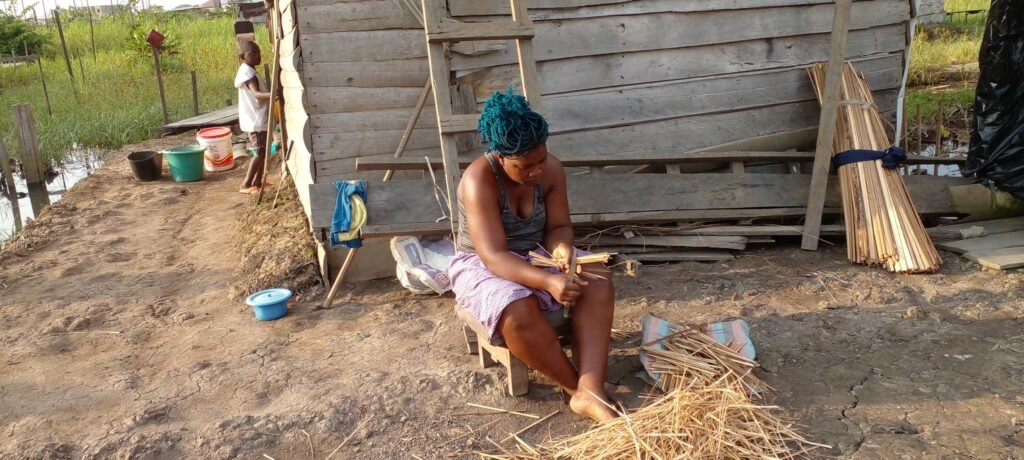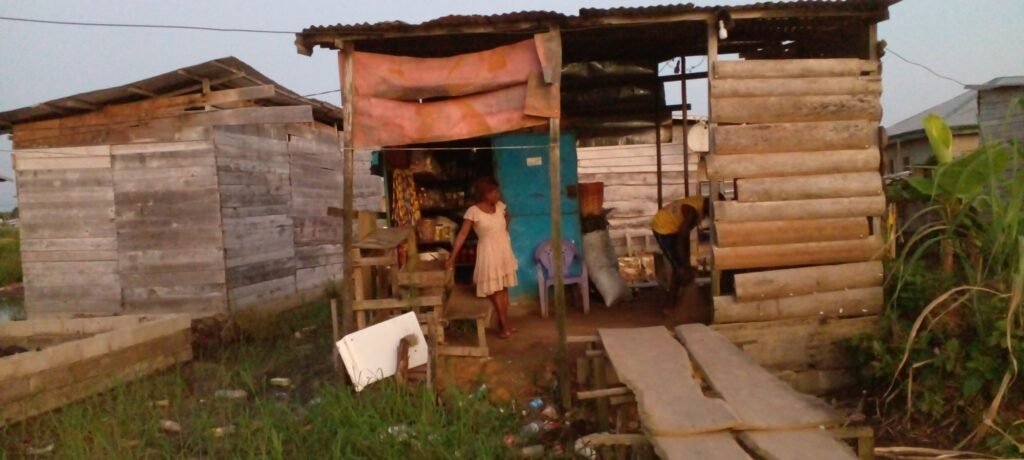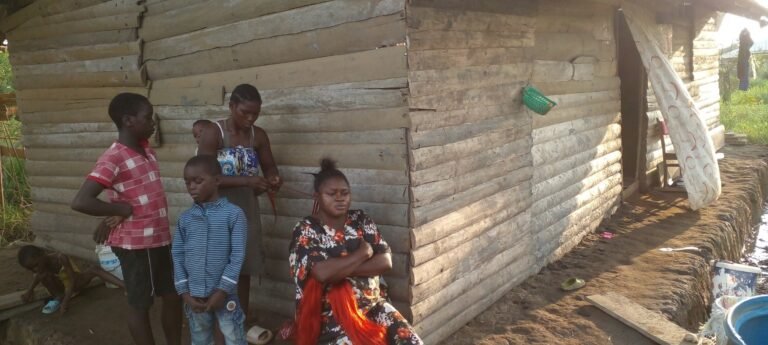Cameroon is grappling with multiple crises that have earned it the disheartening distinction of being one of the world’s most neglected humanitarian emergencies, according to the Norwegian Refugee Council. Among its troubles are Boko Haram’s insurgency in the North, a political and armed conflict in the Anglophone regions, and a growing refugee crisis.
For the past eight years, the English-speaking regions, formerly known as British Southern Cameroons, have faced escalating socio-political and security challenges. The marginalization of Anglophone minorities by the Francophone-dominated government led to widespread protests in 2016, which soon spiraled into armed conflict. The separatist declaration of the Ambazonia Republic intensified the clashes between government forces and separatist fighters, causing massive displacement.
Over 700,000 individuals have been displaced within Cameroon, while an estimated 150,000 have sought refuge in Nigeria. Within Cameroon, Douala has become a central hub for displaced populations, hosting thousands of Anglophone refugees. The conditions in Douala, especially in the Bonamoume quarter, reveal the grim reality faced by these refugees.
Bonamoume: A Refugee Hub in Crisis
Douala is home to Anglophone refugees scattered across neighborhoods like Bepanda, Yassa, Bonaberi, and Bonamoume. Bonamoume, in particular, is considered the epicenter of this displaced population. Kerin Ndongdem Ngwa, a community leader in Bonamoume, estimates that the area hosts over 800 refugees. These individuals have been trapped in limbo for over seven years, living in conditions that are not only deplorable but also dangerous.

The area is swampy and heavily infested with mosquitoes, with recurrent flooding from both heavy rains and tidal surges. Refugees live in makeshift huts, many without doors or mosquito nets, leaving them vulnerable to diseases like malaria, cholera, and diarrhea. Basic sanitation facilities are almost non-existent, with no access to clean drinking water.
The dire living conditions are compounded by severe food insecurity. Many refugees struggle to have even one meal a day, relying on sporadic aid from humanitarian organizations and kind-hearted individuals.
Education and Economic Struggles

The plight of refugee children is particularly alarming. About 31% of the children are out of school, leaving them vulnerable to child labor, exploitation, and abuse. The 69% who do manage to attend school often face constant disruptions due to lack of fees and resources.
Parents, like Carine from Bambugo, Ndop, struggle to make ends meet. Carine, who sells sticks for soya at the Douala Central Market, described her plight: “We are just managing with life here, no food to eat.” She and her husband, once farmers in Bamenda, now face a starkly different reality in Bonamoume, where farming is impossible and income-generating opportunities are scarce.
Other refugees share similar stories. Ngoho Elvis, who sells charcoal and runs a small provision store, noted the economic stagnation: “Things are not moving here at all, business is slow.” Most refugees resort to menial jobs like babysitting, street hawking, or petty trading, which barely provide enough for survival, let alone education or healthcare.
Rising Tensions and Social Isolation
The refugees’ hardships extend beyond material deprivation. Many face discrimination and social isolation from the host communities. Cultural differences and derogatory slurs like “les Bamenda” and “anglofools” exacerbate tensions, creating a hostile environment. These conditions have driven some refugees into criminal activities as a desperate means of survival.
Assistance Efforts: A Drop in the Ocean
In the early years of the conflict, the Cameroon government reportedly sent aid, but this assistance failed to reach the intended beneficiaries. According to Kerin Ndongdem, “The minister of Territorial Administration, Paul Atanga Nji, once sent mattresses to refugees in Douala, but we never saw them. The Francophones collected everything.”
Humanitarian efforts have been sporadic at best. Organizations like the Red Cross and Reach Out provided some support between 2019 and 2021, empowering a few women with skills and offering children school materials. Grass to Grace Foundation and Am Human has also contributed to back-to-school initiatives and food distribution during festive seasons. However, these efforts have dwindled in recent years, leaving refugees to fend for themselves.

An Urgent Call for Action
The Anglophone crisis is a humanitarian catastrophe that demands urgent attention. Refugees in Bonamoume and Douala as a whole continue to endure unimaginable hardships with little hope of reprieve. Their resilience, though remarkable, cannot substitute for the international and local support desperately needed to improve their living conditions, provide education for their children, and restore their dignity.
The story of Bonamoume is not just a tale of suffering—it is a call to action. It implores the world to recognize the plight of Southern Cameroonians and to mobilize resources to address the injustices and inequalities that have led to their displacement.

